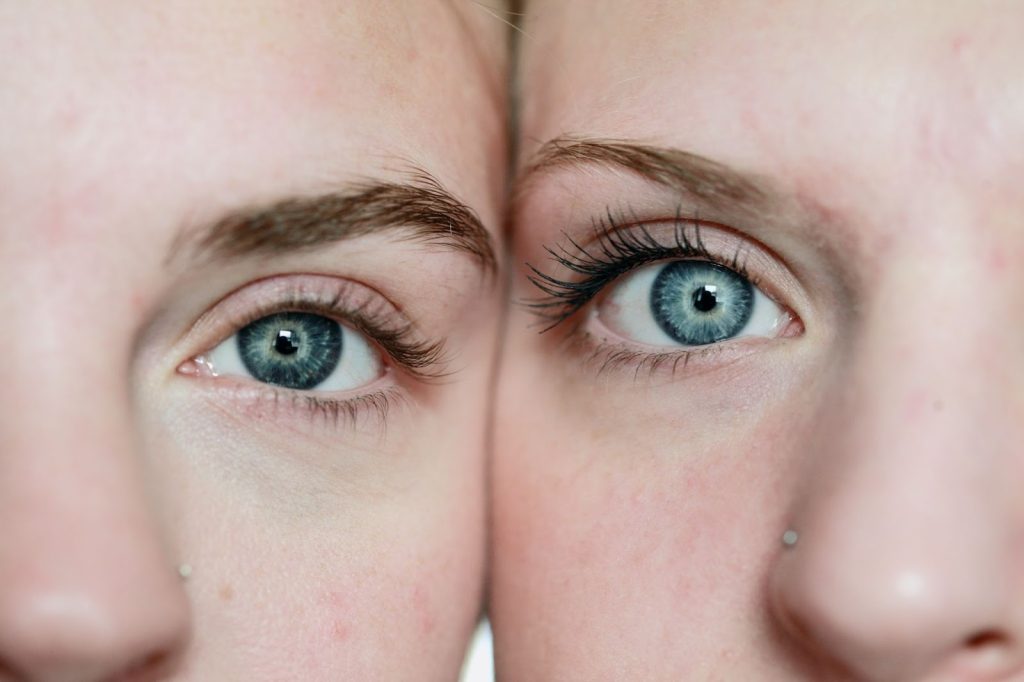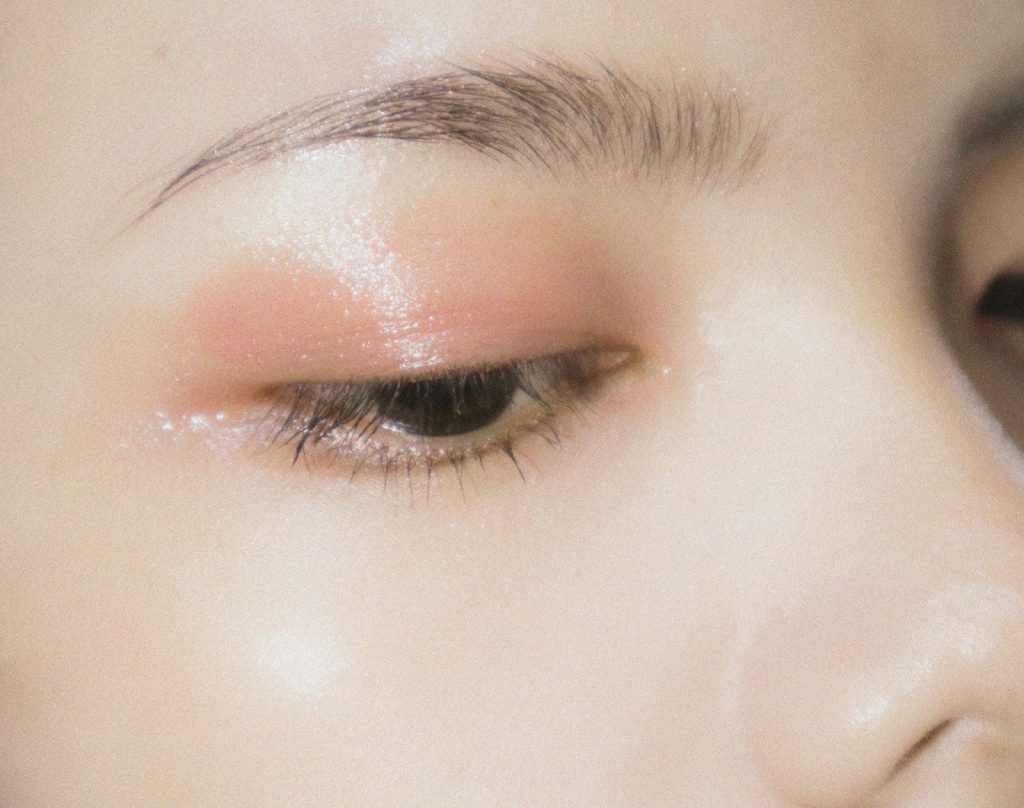
Skincare and makeup are more than just routines — they are a form of art. But have you ever considered that this art form unconsciously becomes a part of our lives? Is beauty also a philosophy to be explored? There is no fixed standard for beauty; different countries and eras have their own interpretations. From the slim waists of China’s Han Dynasty to the full and rounded figures of the Renaissance, the hourglass shape of the Victorian era, the androgynous bodies of the 2000s, and the current trend of embracing healthy curves — where does the new generation fit into this narrative?
The Universal Sense of Beauty in Human DNA
Modern philosopher Denis Dutton delved into Darwin’s theory of evolution, shedding light on a new perspective on human aesthetics from a philosophical standpoint. He believed that our perception of beauty is ingrained in our genes since ancient times. Our response to things we deem beautiful is often linked to survival and reproduction, rather than being purely subjective. For instance, landscape paintings from different eras and cultures worldwide invariably depict blue skies, mountains, and flowers. These elements represent environments that are conducive to human habitation and ideal for sustenance, forming a shared concept of “beauty” ingrained within us.

Despite these common aesthetic genes, different generations grow up in varied environments, which influence their sense of beauty. Generation Z, born between 1995 and 2010, represents approximately 32% of the global population. As digital natives, they have grown up in a world intertwined with the internet and digital products, shaping them into independent individuals who prioritize self-expression and life experiences. Generation Z girls are more willing to embrace their bodies and strengths, fearlessly crafting their own sense of fashion and beauty.
Valuing Appearance and Pursuing Personal Beauty Among Generation Z
A survey on skincare habits among Generation Z revealed their strong emphasis on appearance. They constitute the primary user group of beauty and makeup apps. Unlike their predecessors, who typically start their skincare routines in their mid-20s, Generation Z begins as early as 16 to 18 years old, showing a remarkable shift of nearly a decade. Regardless of standardized beauty ideals, these young women prioritize their personal beauty more than ever before.
The pursuit of beauty often begins with skincare needs. During adolescence, hormonal changes often lead to unstable skin conditions such as excess oil and redness. This period played a pivotal role in the skincare journey of Emma Watson, born in 1990. As young as 14 or 15 years old, she experienced skin troubles, which led her to discover the importance of skincare. Thus, skincare becomes the starting point for seeking effective beauty solutions.

Furthermore, a beauty and skincare consumption report focusing on Generation Z found that nearly 40% of the surveyed individuals apply makeup on a daily basis. Lip makeup takes center stage, followed closely by eye makeup. When it comes to fashion consumption, their top three priorities are beauty and skincare products, trendy accessories, and perfumes. In terms of skincare product preferences, basic needs such as whitening and moisturizing are essential. Moreover, Generation Z girls over the age of 20 have already started addressing concerns about aging, demonstrating a growing demand for anti-aging skincare products.

The pursuit of personal beauty among Generation Z girls is a noticeable trend. They are unafraid to showcase their uniqueness and embrace their imperfections. In this regard, the beauty philosophy of French women may resonate strongly with the aspirations of Generation Z. French women celebrate their individuality and emphasize their distinctive features instead of conforming to a standardized notion of beauty. Generation Z girls are fiercely committed to expressing their authentic selves!
Photo source: Unsplash

